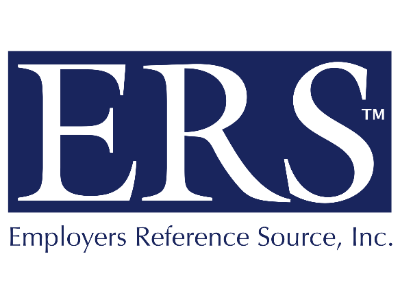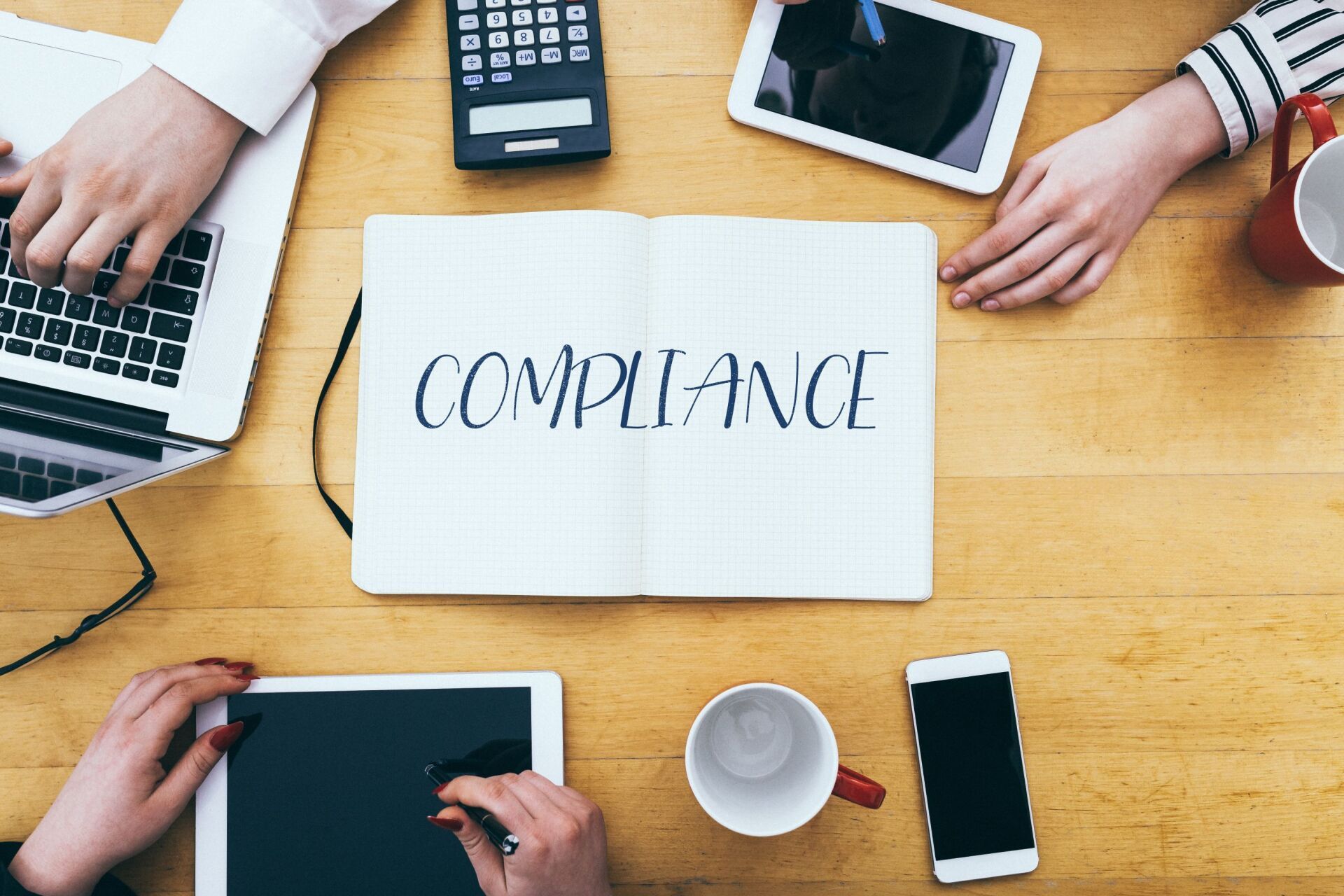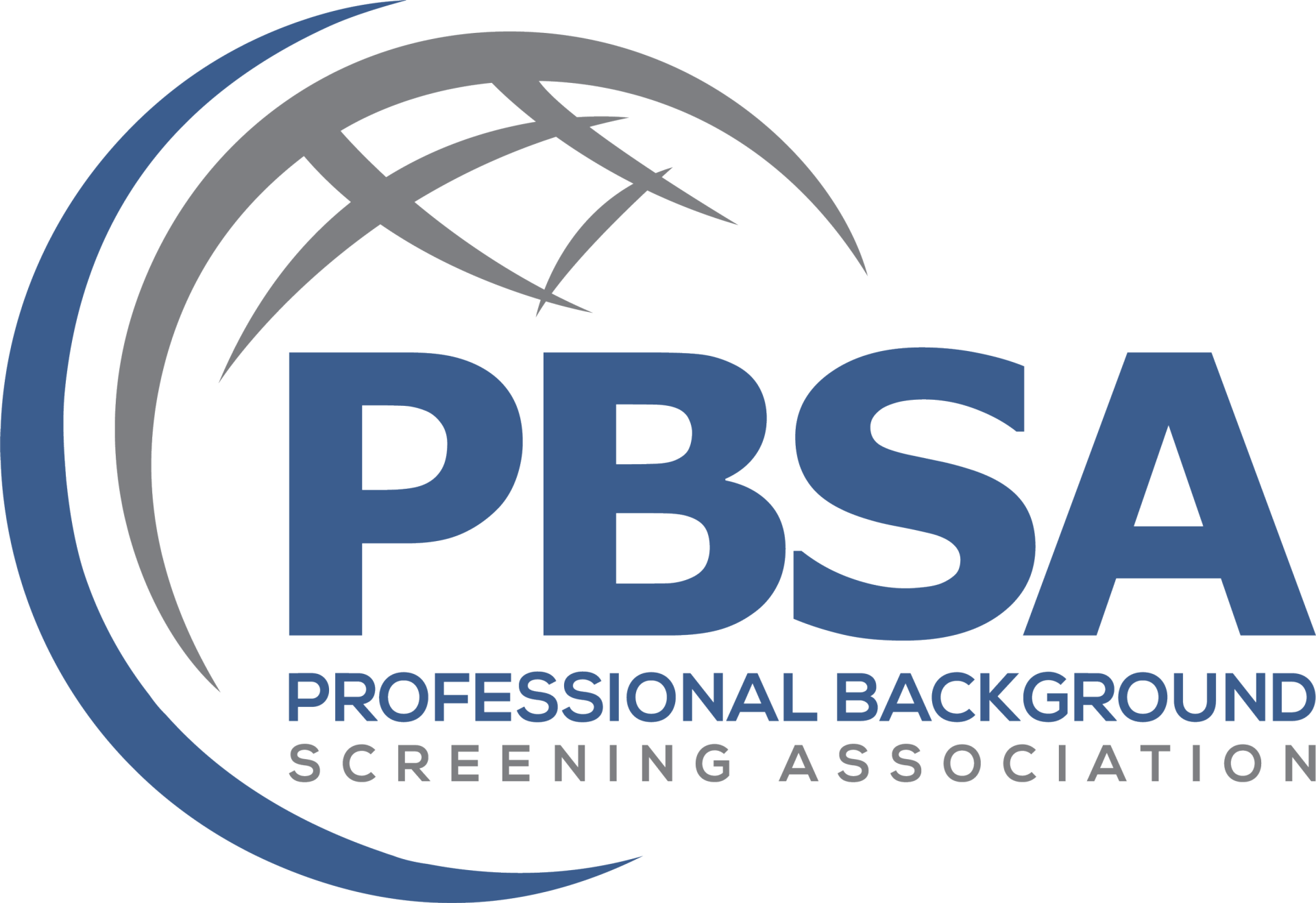How To Prevent Negligent Hiring and Retention Complaints
Employers can often be held legally responsible for their employees' actions, particularly while on the job. Claims of negligent hiring or retention can arise from coworkers, customers, or others who are harmed or put at risk by an employee. Common claims involve employees who may have violent criminal backgrounds, work while impaired, or who lack necessary knowledge or training to safely perform their duties.
What Is Negligent Hiring?
Negligent hiring is a legal term used in claims against an employer. Plaintiffs claiming negligent hiring indicate that employers knew or should have known an employee put others at risk, through incompetence or other characteristics, such as assault or theft. For example, if you fail to identify a candidate's history of violent behavior, and once hired, that person assaults a colleague, you may be held liable for negligent hiring.
What Is Negligent Retention?
Claims of negligent retention rely on the same principles—that an employer should have known an employee posed a risk. Unlike negligent hiring, which relates to an employer's choice to hire a risky individual, negligent retention relates to risks arising from a person who has already been hired. For example, if one of your employees is having aggressive, angry outbursts at work and you take no action, if that employee engages in a workplace shooting, you may be liable for negligent retention.
How To Reduce Your Risk of Negligent Hiring or Retention Claims
Employers obviously can't perform exhaustive investigations into each job candidate or employee, except for the most sensitive positions. They should, however, engage appropriate background screening services such as criminal background checks, credential verification, drug screening, and driver's record screening, particularly for positions where employees may work without much supervision. Current employee behavior should also be observed, and questionable activity should be investigated and acted upon. Proactive and ongoing screenings followed by appropriate actions illustrate an employer's due diligence, and limit liability for negligent hiring and retention claims.
At Employers Reference Source, Inc., our background check expertise can help reduce your risk of negligent employment claims, and help you build a safe, effective workforce. Contact us today to learn more about our full suite of screening services.










